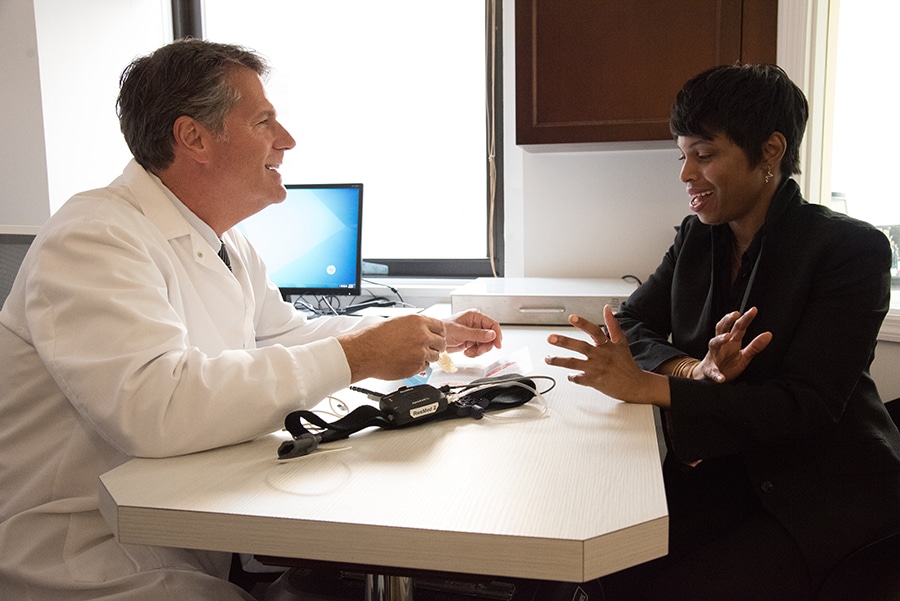Buy Modafinil for daytime sleepiness due to sleep disorders. Available online at a safe internet pharmacy at favorable prices.
Daytime sleepiness is a common phenomenon caused by sleep disorders. Here, coffee or energy drinks are powerless.
| FDA | Approved |
|---|---|
| Available form: | Tablet |
| Strength: | 100, 200 mg (30 tablets) |
| Frequency | 1 tablet per day |
| RX | Prescription required |
| Best price online | $1.67 |
- Where to buy Modafinil online for sleep disorders?
- The best safe online pharmacies for buying Modafinil
- Modafinil or Provigil — which to choose?
- Price of Modafinil and Provigil
- Doctor Robert C. Rawdin's opinion on Modafinil
Where to buy Modafinil online for sleep disorders?
Online pharmacies provide a convenient way to purchase modafinil, often accompanied by the advantage of home delivery. This method is considered more economical, however the only drawback is the delivery time, which can range from 3 to 7 days.
We warn you, any other sources claiming to sell this medication without a prescription should be viewed with extreme caution.
The best safe online pharmacies for buying Modafinil
The following list contains reliable online pharmacies that provide Modafinil with valid prescriptions and comply with regulatory standards.
| Pharmacy Name | Bonuses |
|---|---|
| ModafinilXL | 20% discount on Bitcoin payments, free shipping over $80 |
| BuyModa | 10% returning customer discount, 20% Bitcoin discount |
| Afinil Express | Free express shipping on orders over $150, 20% Bitcoin discount |
| DinoSupplies | 15% off first order, loyalty program for repeat customers |
| ModaPharma | Third-party lab testing, discreet packaging |
Our clinic approves their use when prescribing modafinil to patients.
Modafinil or Provigil — which to choose?
When choosing between Modafinil and Provigil, it's important to understand that they are essentially the same medication. Provigil is the brand name for Modafinil, which is the generic designation. The active ingredient and potency are identical in both medications.
The main difference lies in cost and availability.
Price of Modafinil and Provigil
For example:
| Medication | Price per 30 tablets (200mg) | Price per tablet |
|---|---|---|
| Generic Modafinil | $50 | $1.67 |
| Brand Provigil | $850 - $950 | $28.33 - $31.67 |
The price clearly shows that Modafinil represents a significantly more economical alternative.
Doctor Robert C. Rawdin opinion on Modafinil
As a dentist with extensive experience in prosthetics, I approach modafinil from a unique perspective.
Modafinil, although not directly related to dentistry, according to my understanding and conversations with medical colleagues, can be an effective treatment for daytime sleepiness in sleep disorders. However, as a doctor, I always emphasize the importance of addressing the underlying causes of sleep problems.
Sleep Disorders
Are You Getting A Goodnight’s Rest?
- Approximately 40% of adults over 40 have snoring issues
- Snoring and Sleep Apnea worsens with age, increasing your risk of heart disease and diabetes

Sleep Brochure Digital File
Schedule a Consultation
To learn more about our Sleep Disorders treatment, call us at 212.246.8700 to schedule a consultation. Gallery57 Dental is proud to serve Manhattan and the surrounding areas of NYC.

